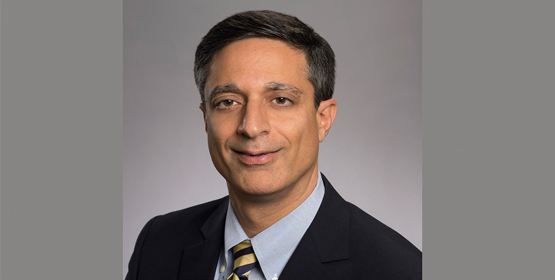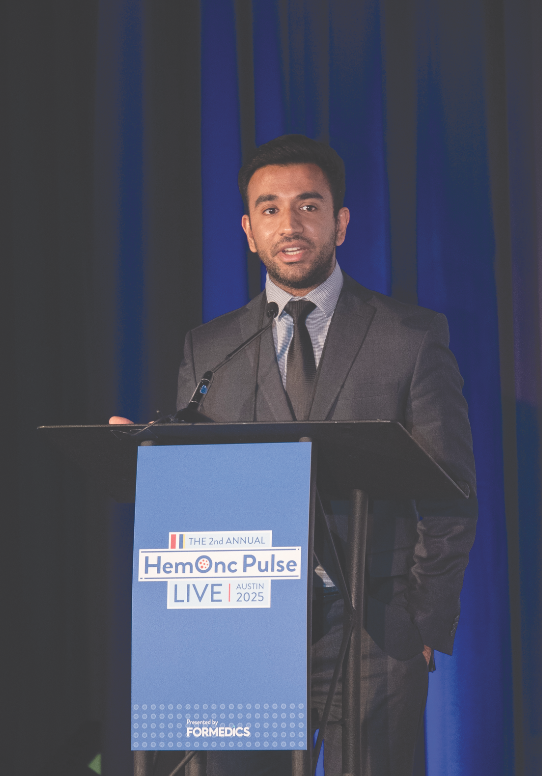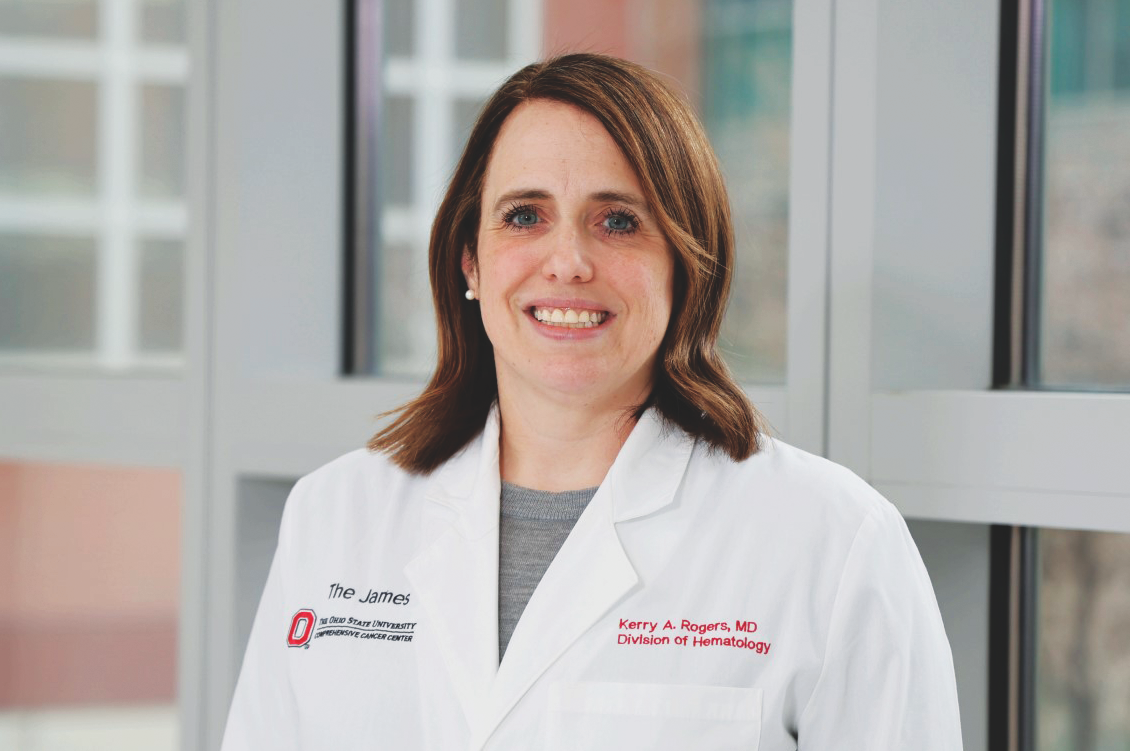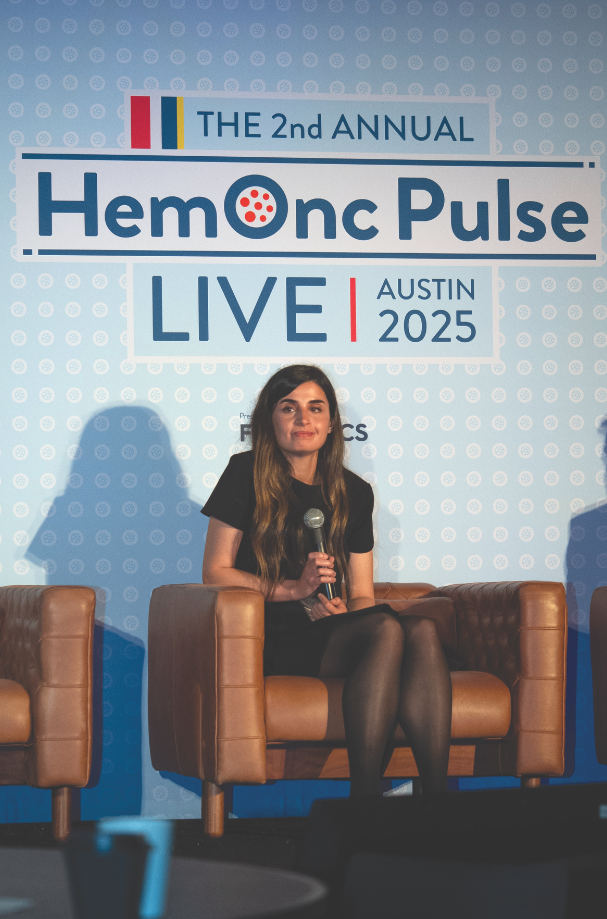
—Jake Blues from The Blues Brothers
The intent of the quote may have been different, but the sentiment is the same.
As I write this letter, we are all looking forward to the chance to be together at the American Society of Clinical Oncology (ASCO) Annual Meeting, which has not been held as a live event since 2019. But is ASCO really important for the blood cancers? The answer is YES! Over the past few years, the footprint of blood cancers such as myeloma, lymphoma, and myeloid malignancies has been growing with more educational and scientific sessions, allowing our investigators to present important data that are moving the field forward. This year is especially exciting as it represents a chance to physically, not just virtually, be together and to share our impressions of data in real time over coffee or another beverage.
Although there is a social element to this gathering, there are much more important scientific implications of these chance interactions. As we gather to collectively hear new data, we all benefit from the opportunity to interpret the same data through other eyes, to see aspects of information that perhaps we missed, and to hear and hopefully understand our own biases and see things from a different perspective.
Over the past two-plus years, we have all heard the data, but it was out of context. We haven’t had a chance to really “HEAR” the data in the context of our colleagues with questions, criticisms, and caveats. Although this may sound somewhat unnecessary (science is about objectivity and fact, not opinion), the reality is that clinical medicine and trials are not perfect experiments—they are living entities that have strengths and weaknesses. By talking through this, we all get to see the data in different ways, and this ultimately benefits the patients we see on a regular basis.
This gathering does not carry the same “risks” that previous meetings have; we are all concerned about infection rates, safety protocols, and what the general infection rate will be the week before we get to ASCO, but nonetheless, the benefits are there. We all benefit from being together discussing, debating, and planning the next few years’ worth of trials, how to optimize treatment for our patients, and ultimately how to get to a cure.
So bring your instruments—whatever they may be—and be prepared to perform because the band is getting back together!
See you at ASCO.
Sagar Lonial, MD, FACP, is Chair and Professor in the Department of Hematology and Medical Oncology, the Anne and Bernard Gray Family Chair in Cancer, and Chief Medical Officer of Winship Cancer Institute at Emory University School of Medicine in Atlanta, Georgia.






 © 2025 Mashup Media, LLC, a Formedics Property. All Rights Reserved.
© 2025 Mashup Media, LLC, a Formedics Property. All Rights Reserved.